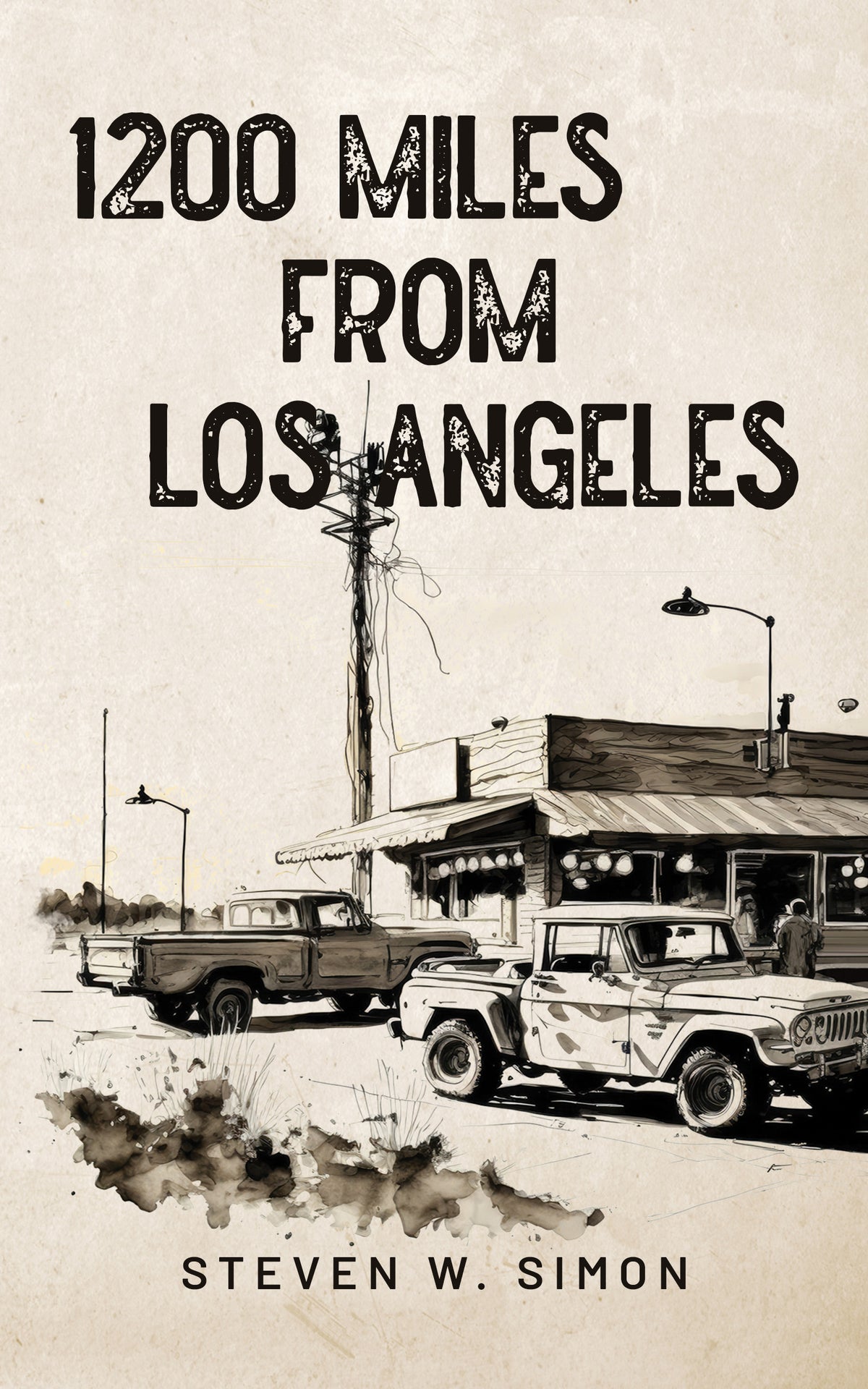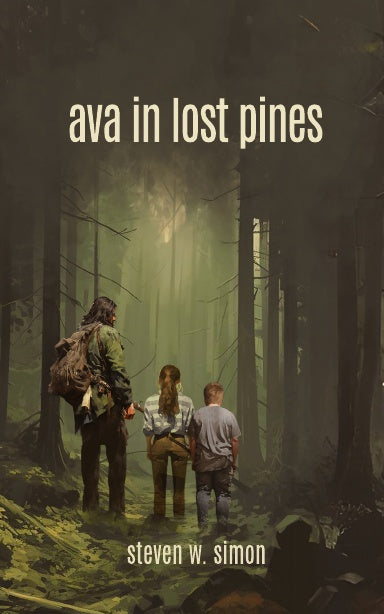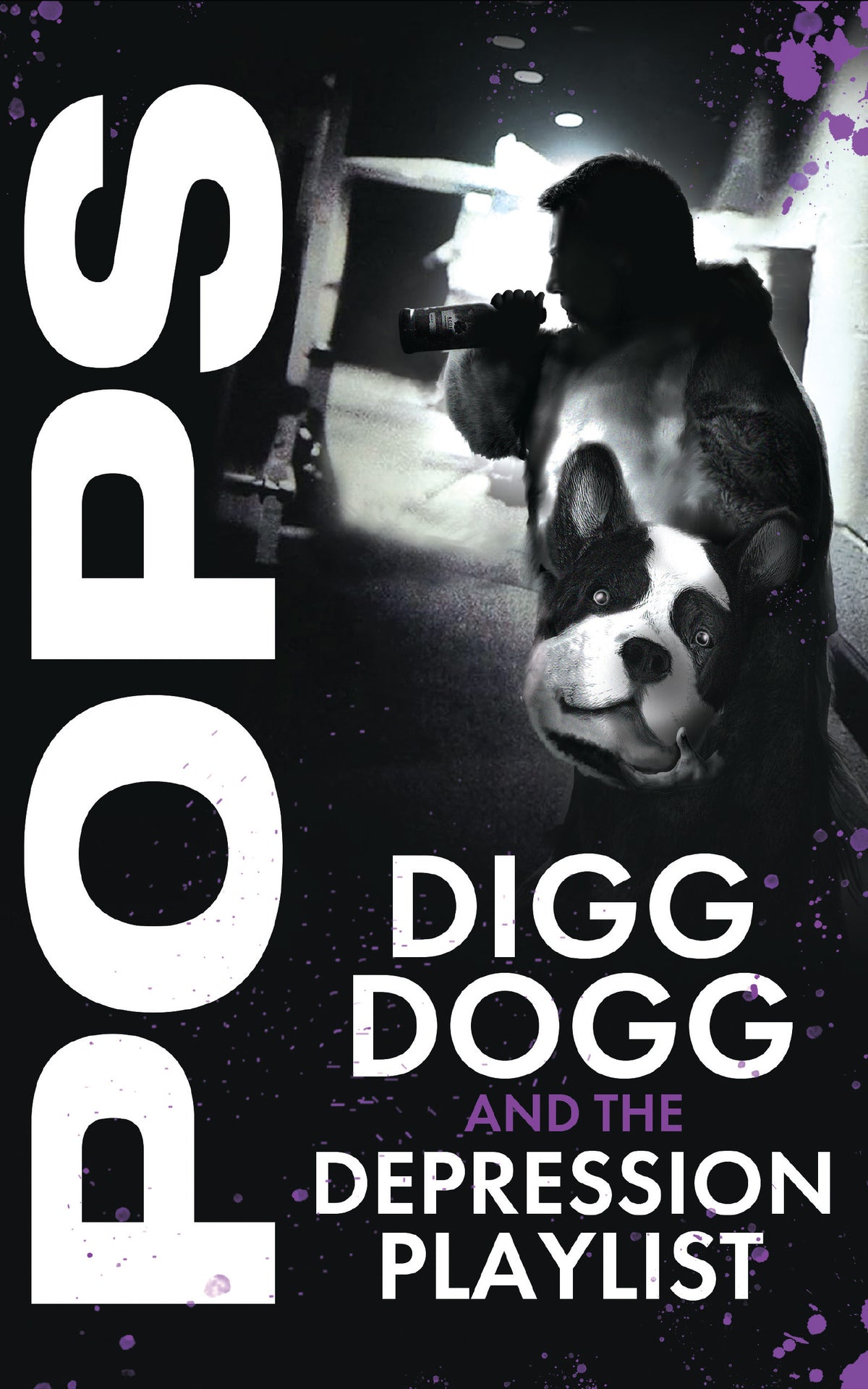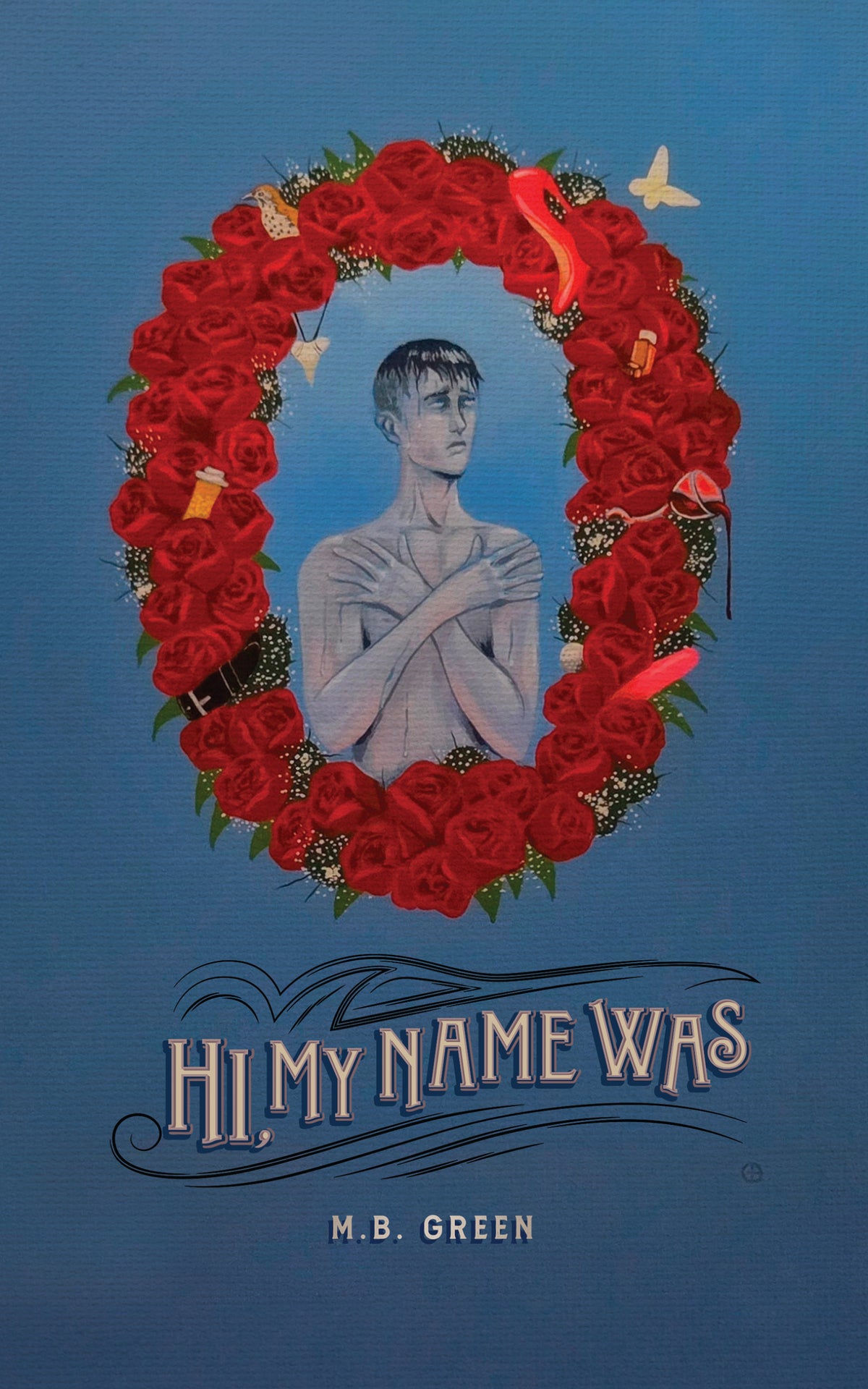The publishing world has never been more diverse. For much of history, authors had only two real paths: secure a contract with a traditional publishing house or go fully independent as a self-publisher. Today there is a third option that blends elements of both. Hybrid book publishers are becoming increasingly popular among writers who want the professional support of a publisher without giving up all their rights or creative control.
If you are a writer considering whether to work with a hybrid press or to remain fully independent, this guide will help you understand what hybrid publishing is, how it works, and whether it is the right fit for your goals as a writer.
What Are Hybrid Book Publishers?
Hybrid book publishers operate in the space between traditional and self-publishing. In traditional publishing, the publisher pays for editing, design, distribution, and marketing, while the author earns royalties but usually gives up most rights and creative control. In self-publishing, the author pays for everything and keeps all rights and profits.
Hybrid publishers combine aspects of both systems. They typically:
- Require an upfront financial investment from the author.
- Provide professional services such as editing, design, marketing, and distribution.
- Offer higher royalties than traditional publishers.
- Give authors more creative input than they would have with a large publishing house.
The Independent Book Publishers Association (IBPA) has published criteria for what makes a legitimate hybrid publisher. According to the IBPA, a true hybrid publisher should:
- Vet submissions for quality and marketability.
- Provide professional editing and design.
- Assign an ISBN under the publisher’s imprint.
- Distribute books through recognized channels.
- Offer transparent contracts and royalty structures.
This ensures the hybrid publisher is not just a glorified service provider but a legitimate publishing partner.
How Bound Hare Press Differs from Other Hybrid Publishers
Bound Hare Press is a selective press that enables self-published authors of evocative fiction and honest poetry the ability to publish without any costs. However, unlike other hybrid publishers, authors are responsible for having their books professionally edited and providing a high-quality book cover.
- No upfront financial investment from the author.
- Offers comparable royalties to self-publishing platforms, such as Amazon and Barnes & Noble Press.
- Does not provide professional services such as editing and design
- Does provide marketing, and distribution.
- Authors retain all creative input, rights, and are able to continue publishing to other platforms
How Hybrid Publishers Differ from Vanity Presses
It is important to draw a clear line between hybrid book publishers and vanity presses. Vanity presses have existed for decades and are often criticized for preying on hopeful authors. These companies typically accept anyone willing to pay, provide minimal editorial input, and make most of their money from authors rather than book sales.
By contrast, reputable hybrid publishers are selective about the manuscripts they accept and aim to help authors reach a wider audience. While both models require payment from the author, hybrid publishers should operate transparently, with clear royalty agreements and a vested interest in producing a high-quality book.
The Future of Hybrid Publishing
Hybrid publishing reflects the broader changes happening across the publishing industry. As traditional publishers consolidate and focus on celebrity authors or proven bestsellers, many new and midlist writers struggle to break in. At the same time, self-publishing has grown into a thriving ecosystem that empowers writers but requires significant entrepreneurial energy.
Hybrid book publishers represent an effort to bridge that gap. They provide authors with professional infrastructure while acknowledging the reality that most writers are willing to invest in their careers if it means producing a quality book.
As more authors embrace this model, hybrid publishing will likely continue to grow, and the standards around transparency and professionalism will become even more important.
Final Thoughts
For today’s writers, publishing is no longer a binary choice. The rise of hybrid book publishers means there is now a flexible third path. For self-published authors who want to maintain control while accessing professional support and distribution, hybrid publishing may be the best of both worlds.
That said, success in publishing still depends on more than choosing the right model. It requires persistence, creativity, and a willingness to market your work. No matter which route you choose, remember that your book is both an artistic achievement and a product. Approaching publishing with clear eyes and realistic expectations is the surest way to build a lasting writing career.




